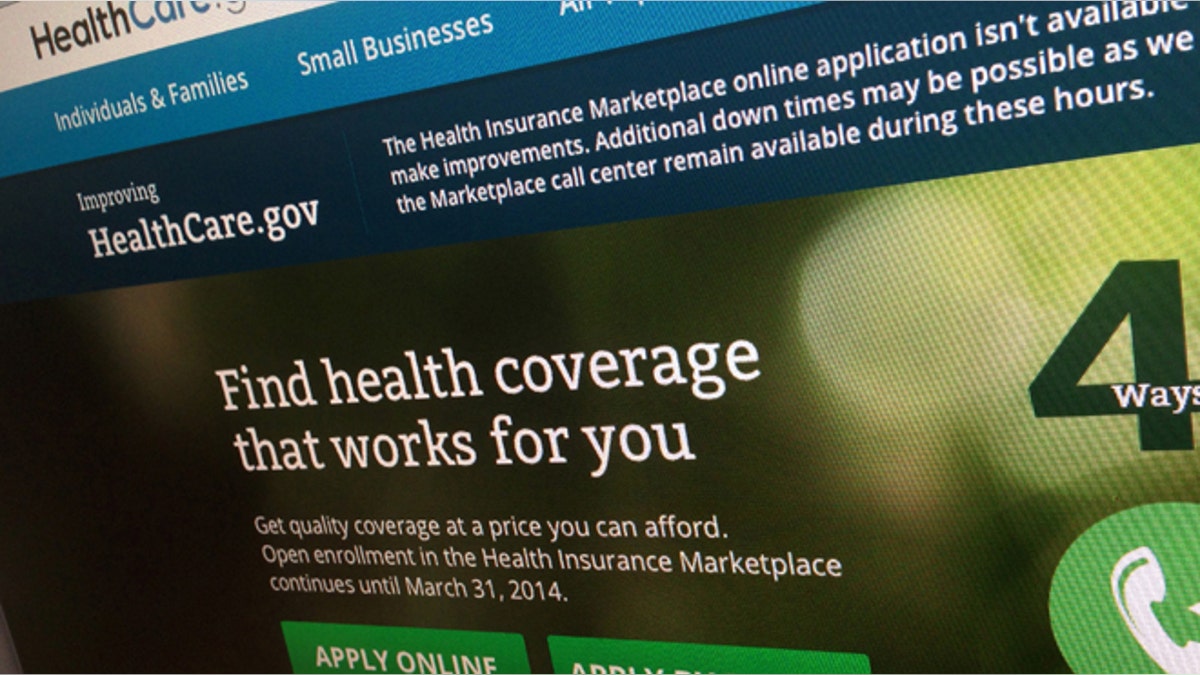
(AP)
Experiments are the gold standard for ensuring that prescribed treatments help -- and do no harm -- in health care.
When things go badly, courts impose severe penalties on health care providers who ignore evidence-based procedures. In contrast, government prescriptions for health care are the product of expert opinion.
Does it have to be this way? Two Supreme Court Justices thought otherwise when presented with a case about a Florida regulation requiring that dentists include a mandatory disclaimer when advertising their qualifications. In their 2002 Borgner v. Florida Board of Dentistry dissent, Justices Thomas and Ginsburg stated, “If the disclaimer creates confusion, rather than eliminating it, the only possible constitutional justification for this speech regulation is defeated.” They called for evidence on the effects of the regulation.
[pullquote]
As expert witnesses for a consequential 2009 Florida mandatory disclaimer case, Ducoin v. Viamonte Ros, we were asked to conduct an experiment to address Justices Thomas and Ginsburg’s call for evidence.
Our fieldworkers showed visitors to a Florida shopping mall an advertisement for a dentist certified by the American Academy of Implant Dentistry (AAID) and another advertisement for a dentist who made no claim about being certified. Half were shown a version of the credentialed dentist’s advertisement that included the Florida mandatory disclaimer stating that the American Dental Association did not recognize the AAID as “…a bona fide specialty accrediting organization…”
When the people in the mall were asked which dentist they would recommend to a friend in need of implant dentistry services, those exposed to the mandatory disclaimer were more confused and more likely to recommend the dentist without credentials. They also drew false and damaging inferences about the dentist with credentials.
We provided the only experimental evidence in the case. It convinced the Florida Circuit Court judge that the mandated disclaimer was unjustified.
Was the Florida mandatory disclaimer unusual in that it was harmful? Apparently not. There have been eighteen experimental studies published that provide evidence on mandatory disclaimers.
All of them found that such disclaimers increased confusion among consumers. Moreover, fifteen of the studies that also examined disclaimers’ effects on perceptions, attitudes, or decision-making found they were harmful.
In a related study, University of Chicago Law Professors Ben-Shahar and Schneider conducted a review of experimental evidence on mandatory disclosures. They concluded that they were largely useless and sometimes harmful. In the case of calorie labeling, for example, experiments show that people tend to eat more food when it is labeled as “low calorie,” and thereby consume more calories. Thus, the disclosure contributes to obesity.
Mandated disclaimers and disclosures are regulations that only affect a small portion of the health care market and they address relatively simple problems. Regulation of the entire U.S. health care market is an immensely more complex problem.
To increase welfare, a regulator must know the motivations, capabilities and needs of buyers, sellers, owners, inventors, investors, creditors, citizens, taxpayers, and employees.
In addition, the regulator must be able to identify changes that would improve the situation, to implement the changes effectively, and to revise the changes when necessary. It must resist pressure from interest groups to modify proposed rules in ways that would reduce benefits or cause new harm due to unintended consequences.
Does ObamaCare meet these conditions? Consider, for example, unintended consequences from ObamaCare. One example is that firms are shifting to part-time workers in order to reduce the law’s impact on their business.
Experimental evidence relevant to government health care policies is consistent with the Iron Law of Regulation: “There is no form of market failure, however egregious, that is not eventually made worse by the political interventions intended to fix it.” Why would ObamaCare be immune to the Iron Law?
In our research, we have searched for experimental evidence that regulation has improved any situation. To date we have found none. Thus, a requirement for “evidence” would call for the suspension of most government regulations.
A claim of market failure is often used as an argument for regulation, while government failure is ignored. Economists Clifford Winston, John R. Lott, Jr., and others have used natural experiments to analyze the effects of regulation. They too have concluded that government failures have led to greater losses in welfare than the market failures the government intended to remedy.
Once a regulation is adopted, the Iron Law Corollary is: “Regulation begets regulation.” The failures of regulation reward regulators, because they are used as justification for more regulations to fix the problems.
The U.S. health care market is a prime example of the failures of regulation. Over the past half century, regulation has created bewildering rules requiring many bureaucrats and thousands of pages of rules to direct consumers, doctors, insurance companies, employees, and suppliers.
Each rule begets new rules to solve the growing mess. Thus, HillaryCare was proposed in 1993 to increase regulation. A government agency asked one of us (Armstrong) to evaluate the forecasts that HillaryCare would reduce harm. He found that the forecasts had no scientific basis and concluded that the new rules would increase harm.
As with HillaryCare, ObamaCare promises new rules to fix the mess created by the old rules. One is reminded of Einstein’s definition of insanity: “Doing the same thing over and over again and expecting different results.”
While there are good reasons to rely on experiments to devise regulations, there are also dangers. Is it wise to relinquish individual freedoms, such as free speech and property rights, if experiments show that people’s well-being would be greater on average with a regulation? After all, a low-cost arrangement that provides efficiency and fairness without compulsion was discovered centuries ago. It is known as the free market.








































